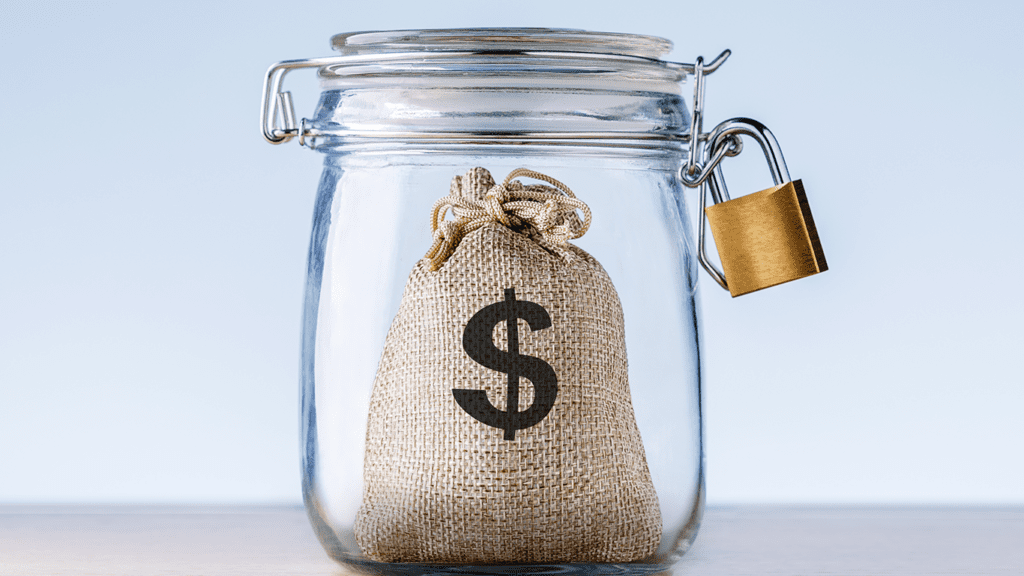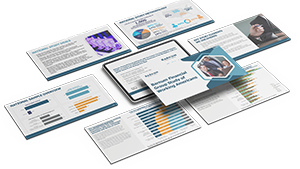
As Dave Ramsey puts it, “There’s always something coming in a few months that will cost money. So be prepared.” Creating a financial emergency plan is essential for any individual or family.
A financial emergency plan ensures you have enough resources to take care of unexpected expenses, such as medical bills or home repairs. Although there is no one-size-fits-all plan, there are steps that can help you create a financial emergency plan.
Create New Budget
Budgeting is the key to having a successful emergency financial plan. Prioritize bills and make sure you have enough money to cover essential expenses, such as housing, food, transportation, and health care.
Tracking your recurrent expenses can give you a clear sense of where your money is going. After that, you can create a budget that aligns with your spending habits. You can cut or increase certain expenses when setting your budget caps.
Your new budget should include an emergency fund, which is money put aside for unexpected expenses. This financial cushion allows you to cover any costs without relying on a loan or other forms of credit.
Look into Insurance
Insurance can help cover some of the costs associated with medical emergencies or other costly events. Health insurance is essential to protect yourself and your family from large medical bills. Depending on your budget, you can also look into dental, vision, or life insurance.
Different providers offer varying coverage and rates. Therefore, shopping around is essential before deciding which plan works best for you. You can claim discounts and other savings that may be available. Consolidating the covers under one provider typically provides better pricing options.
Remove Non-Essential Expenses
Getting rid of non-essential expenses can help you save money and build your emergency fund. Consider canceling subscriptions or memberships, eating out less frequently, and cutting down on entertainment costs.
Most times, these expenses can be easily reduced or eliminated. You can transfer funds from other categories to your emergency fund if necessary. The extra savings can come in handy when you face unexpected expenses.
Understand the Process of Unemployment
Unemployment is a reality for millions of people today. Therefore, it is advisable to understand the unemployment filing process. You should know the steps, where to go, and the required information.
First, you will need to contact your state’s unemployment office and submit an application, which can be done online or in person. Most states require a weekly claim as proof of continued eligibility for benefits.
After that, research programs that can help you with bills, such as rent or food. You may also qualify for other forms of assistance, such as grants or loans from the government.
Debt Consolidation
Having multiple debts can increase your financial burden and make it harder to plan for the future. Debt consolidation is a way to streamline your payments by combining multiple bills into one payment.
This allows you to lower monthly payments, as well as helps simplify the repayment process. Doing this can also help improve your credit score over time, leading to better interest rates on future loans.
Conclusion
Creating a financial emergency plan is essential to ensure you can cover any unexpected expenses that arise. By budgeting, looking into insurance options, cutting non-essential expenses, understanding the unemployment process, and consolidating debt, you can create a plan that works for you and your family.




